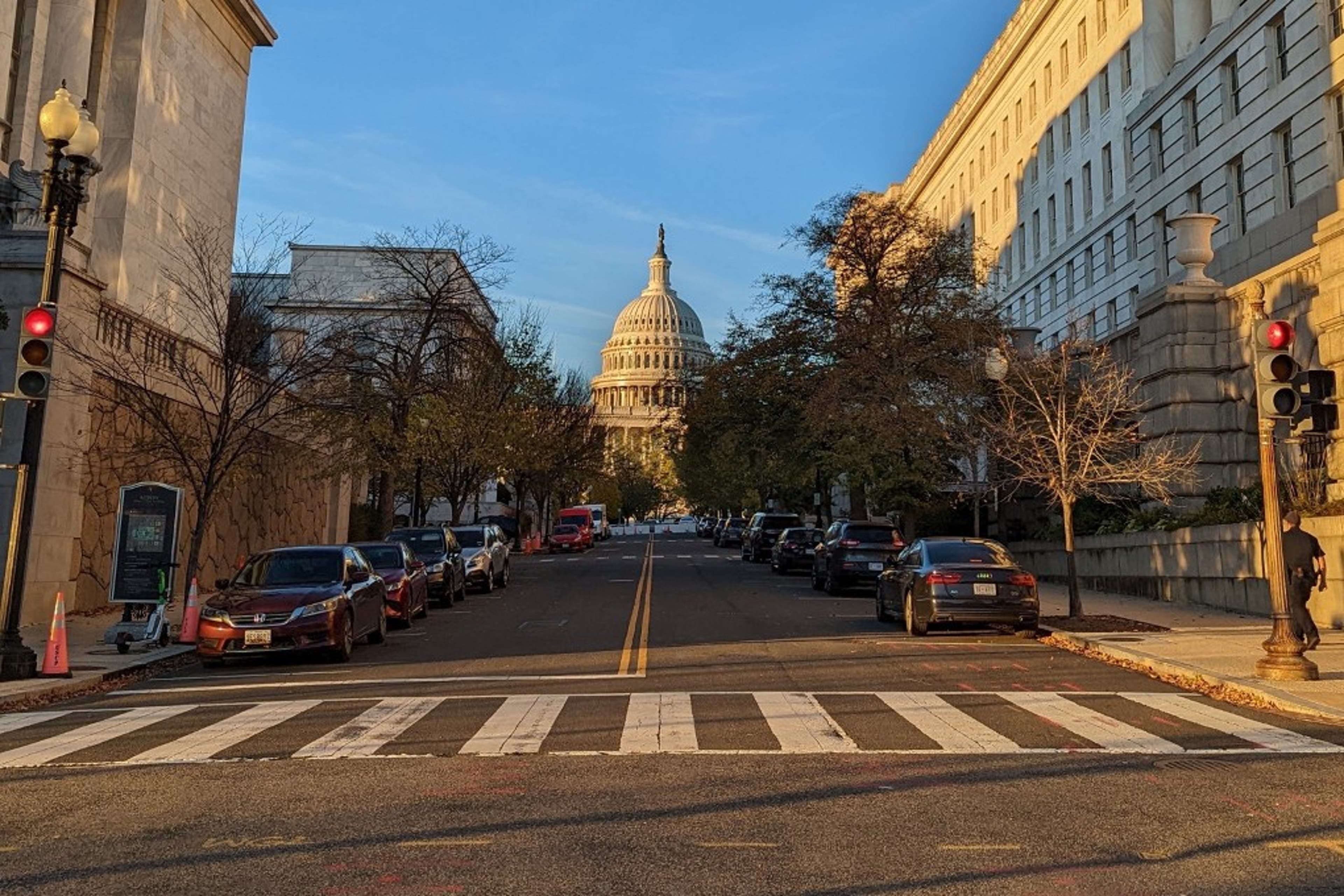As you approach the U.S. Supreme Court building, a single phrase shouts back at you from the base of the west pediment: "EQUAL JUSTICE UNDER LAW." This is a major tenet of American law, rooted in Fourteenth Amendment jurisprudence. It is also a cultural value for which we continually strive. And it is a reminder of the legal significance of calling something a "right." When we enjoy an individual right under the law, justice dictates that it be enjoyed equally by all people.
Even as we collectively endeavor to define and outline the scope of data privacy rights, many scholars and advocates remind us that we must be mindful of inequities and biases. For example, in his book "Privacy at the Margins," professor Scott Skinner-Thompson describes the idea of "equal protection privacy" in the context of privacy torts. For privacy professionals, it may be more cogent to think of "equal data protection." Privacy practices, whether or not they are enshrined in law, should be shaped in ways that ensure equitable treatment and equal outcomes for marginalized and disadvantaged communities.
The Biden administration has demonstrated a focus on better understanding issues of equity, bias and civil rights in the context of commercial data practices. To that end, the National Telecommunications and Information Administration launched an "inquiry on how data practices affect civil rights." NTIA, housed within the U.S. Department of Commerce, is an advisory agency to the executive branch. The Request for Comment builds on prior work the agency has completed in the data privacy sphere, including a 2018 request for comment on consumer privacy and a role in the production of White House reports in 2012 (Consumer Privacy Bill of Rights) and 2014 (Big Data: Seizing Opportunities, Preserving Values). Most recently, in December 2021, the NTIA hosted a series of listening sessions, which serve as the basis for the current RFC.
The questions presented in the RFC reflect the full landscape of policy conversations around civil rights and privacy. The NTIA asks about automated decision-making, the use of publicly accessible information, collective privacy harms, the relevance of the distinction between sensitive and nonsensitive personal data, and the promise and limitations of traditional fixes such as transparency requirements and privacy controls. The agency even asks whether privacy is the right word for discussing the bundle of harms and equities at issue.
In addition, the questions seek feedback on whether existing civil rights laws are sufficient to serve their goals in the digital age or how they might be adapted. And the NTIA is particularly interested in proposals that help to establish solutions, whether those solutions are rooted in enhanced practices, design choices, third-party audits, industry codes of conduct, or new laws. One highly relevant question for practitioners: "In considering equity-focused approaches to privacy reforms, how should legislators, regulators, and other stakeholders approach purpose limitations, data minimization, and data retention and deletion practices?"
Inequities, burdens and disproportionate harms are framed broadly in the RFC. In fact, the agency has assembled a comprehensive list of the types of communities that may be differently impacted through commercial data practices. It is worth reviewing the full list: "disabled people; Native or Indigenous people; people of color, including but not limited to Black people, Asian-Americans and Pacific Islanders, and Hispanic or Latinx people; LGBTQ people; women; victims of domestic violence (including intimate partner violence, abuse by a caretaker, and other forms of domestic abuse); religious minorities; victims of online harassment; formerly incarcerated persons; immigrants and undocumented people; people whose primary language is not English; children and adolescents; students; low-income people; people who receive public benefits; unhoused people; sex workers, hourly workers, 'gig' or contract workers, and other kinds of workers; or other individuals or communities who are vulnerable to exploitation, or have historically been subjected to discrimination."
Submitting comments to the NTIA is a great opportunity to shape the public record around this emerging issue, which will no doubt be reflected in future White House reports and even, perhaps, legislative proposals. Comments are due March 6.
Here's what else I'm thinking about:
- Values and technical standards are different things. Politico's Mark Scott points out the need for both in the artificial intelligence space but highlights the distinctions in his coverage of EU-U.S. discussions about AI.
- Chair Khan began a "short" parental leave. U.S. Federal Trade Commission Chair Lina Khan and her husband welcomed a healthy baby this week. An FTC spokesperson told reporters, "The business of the FTC will continue in her brief absence, and she looks forward to resuming her duties quickly."
- Policy proposals around dark patterns are still evolving. A helpful Future of Privacy Forum report breaks down the "future of manipulative design regulations."
Upcoming happenings
-
- Jan. 24 at noon EST, Center for Democracy & Technology hosts a webinar, Protecting Civil Rights in the World of Automated Employment Decisions (virtual).
- Jan. 25 at 3 p.m. EST, IAPP hosts a LinkedIn Live, Data Privacy Day and 2023 Predictions virtual).
- Jan. 25 at 5 p.m. EST, Tech Policy Happy Hour (Lulu's Wine Garden).
- Jan. 26 at 4 p.m. EST, R Street hosts The Future of Data Privacy and Security in the 118th Congress (hybrid).
- Jan. 28 is Data Privacy Day or Data Protection Day if you prefer.
- Jan. 31 at 10 a.m. EST, the U.S. Equal Employment Opportunity Commission hosts a hearing, Navigating Employment Discrimination in AI and Automated Systems: A New Civil Rights Frontier (virtual).
- Jan. 31 at 10 a.m. EST, Social Movement Technologies hosts a virtual training, Mastodon How-To for Activists, Organizations, Movements and Journalists.
- Feb. 7 at 2 p.m. EST, the Information Technology and Innovation Foundation hosts What Will It Take for Congress to Pass Bipartisan Privacy Legislation? (hybrid).
- Feb. 16 at 5:30 p.m. EST, Future of Privacy Forum hosts its 13th annual Privacy Papers for Policymakers (in-person only).
Please send feedback, updates and data inequities to cobun@iapp.org.

